Maple Leaf completes conversion to group housing
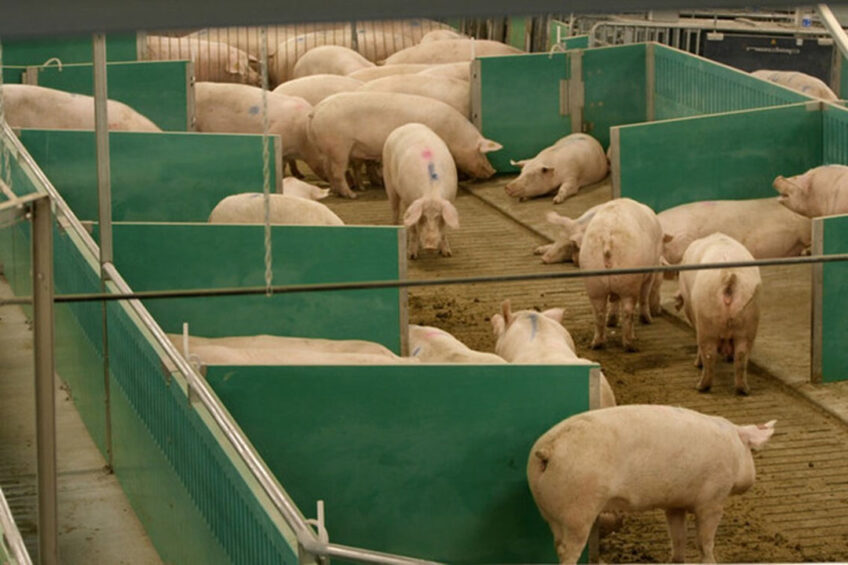
Canadian pork processor Maple Leaf Foods has shared that by the end of 2021, it will complete transitioning all breeding sows in company-owned barns to group housing during gestation. That system allows sows to roam, rest, feed and socialise freely.
In 2014, Canada’s pork industry committed to ending gestation crate use by 2024. Maple Leaf also signed that agreement, but aimed to convert all its owned sow barns by the end of 2021. Maple Leaf Foods’ company-owned barns produce about 40% of the pigs that the company uses annually to produce its branded pork products.
Studying housing and feeding system all over the world
The processor studied housing and feeding systems around the world and combined the best practices it observed into a system, which the company calls its “Advanced Open Sow Housing.” The system creates housing areas with various spaces that support sows’ desires to choose when to play, to socialise, to eat and to rest. The open system helps farm staff to observe the sows as they move about, monitor their health and provide care.
Maple Leaf’s system has the following characteristics:
- Electronic Sow Feeders;
- Cool water misters during the hot summer months;
- Bright LED lighting;
- Windows for natural light; and
- Night lights for those sows who choose to feed at night.
Best possible environment for sows
In a press release, Michael McCain, the company’s president and CEO, said, “Ensuring the animals in our care experience the best possible environment at Maple Leaf Foods, is the right thing to do and an essential part of our sustainability commitment. Our progress in eliminating gestation crates in our sow barns across Canada is a significant milestone as we proudly lead the industry toward a more compassionate approach to animal welfare.”
Maple Leaf Foods spends a lot of attention to sustainability, with various programmes aimed at better food, better care, better communities and a better planet. At the recent edition of AgriVision, the company’s vice president sustainability and shared value Tim Faveri shared his thoughts and ideas about protein transformation.
 Beheer
Beheer
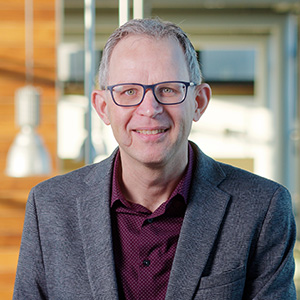
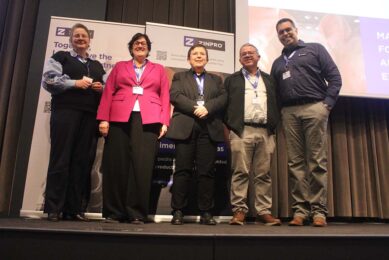
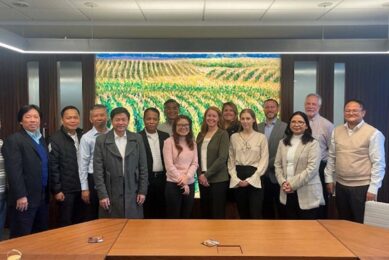
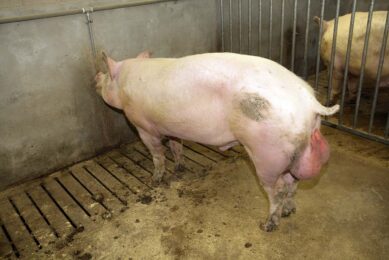
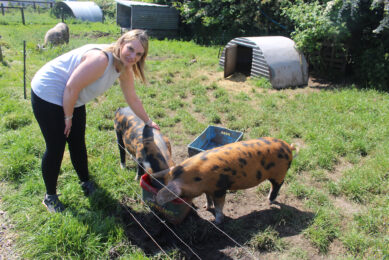



 WP Admin
WP Admin  Bewerk bericht
Bewerk bericht